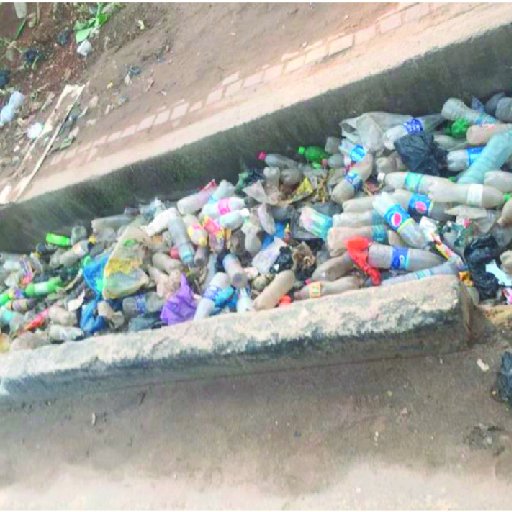Uganda Revenue Authority (URA) is seeking additional funding of sh167 billion in the upcoming financial year to recruit 1,278 new staff, aiming to enhance operational efficiency. The request was presented by URA Commissioner General, John Musinguzi, during a session with the Parliament committee on finance to defend the authority’s budget estimates for the 2024/25 financial year.
In his presentation, Musinguzi outlined the allocation of funds within the proposed budget. Of the total sh619.989 billion allocated to URA, sh253.495 billion is designated for wages, sh321.174 billion for non-wage expenditures, and sh45.320 billion for development expenditure. The Commissioner General emphasized that this budgetary allocation is crucial for implementing a structural review aimed at improving the organization’s efficiency.
Musinguzi highlighted the need for a gradual recruitment process due to the substantial amount required for the hiring initiative. He underscored that the objective is to address revenue leakages through the strategic addition of personnel, acknowledging that such structural adjustments have been overdue.
Last year, URA had requested sh162 billion for salary enhancement, emphasizing the importance of competitive remuneration to mitigate high staff turnover. Musinguzi reiterated this concern before the finance committee, asserting that attractive compensation packages are essential in curbing corruption temptations among URA staff.
With a nationwide mandate, Musinguzi informed the committee that URA is also focused on administrative measures to enhance revenue collection. These measures include efforts to improve tax compliance, engage in meaningful consultations with private sector associations, and undertake administrative reforms.
Highlighting a significant concern, Musinguzi revealed that Uganda incurs substantial revenue losses, amounting to sh2.8 trillion, due to tax exemptions granted to various companies. To counteract this, the state minister for finance in charge of planning, Amos Lugoloobi, outlined the government’s commitment to achieving a tax-to-GDP ratio of 16% by the 2025/2026 fiscal year. This commitment involves strategies such as import substitution, export promotion, administrative reforms in revenue collection, and broader government interventions to stimulate economic growth.




















